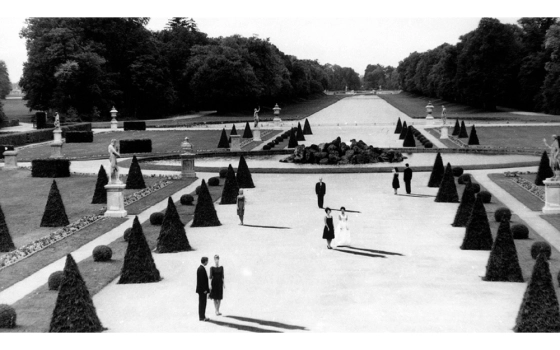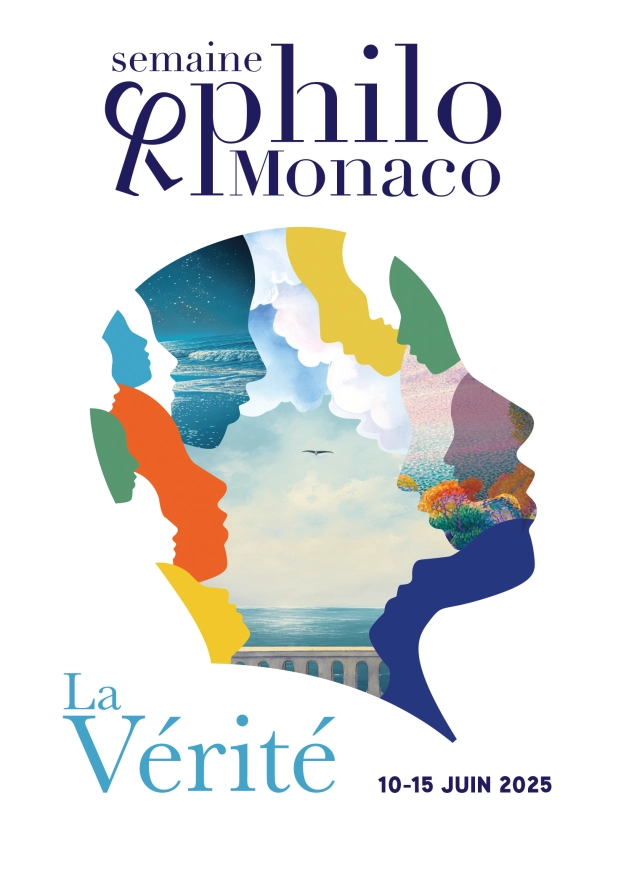
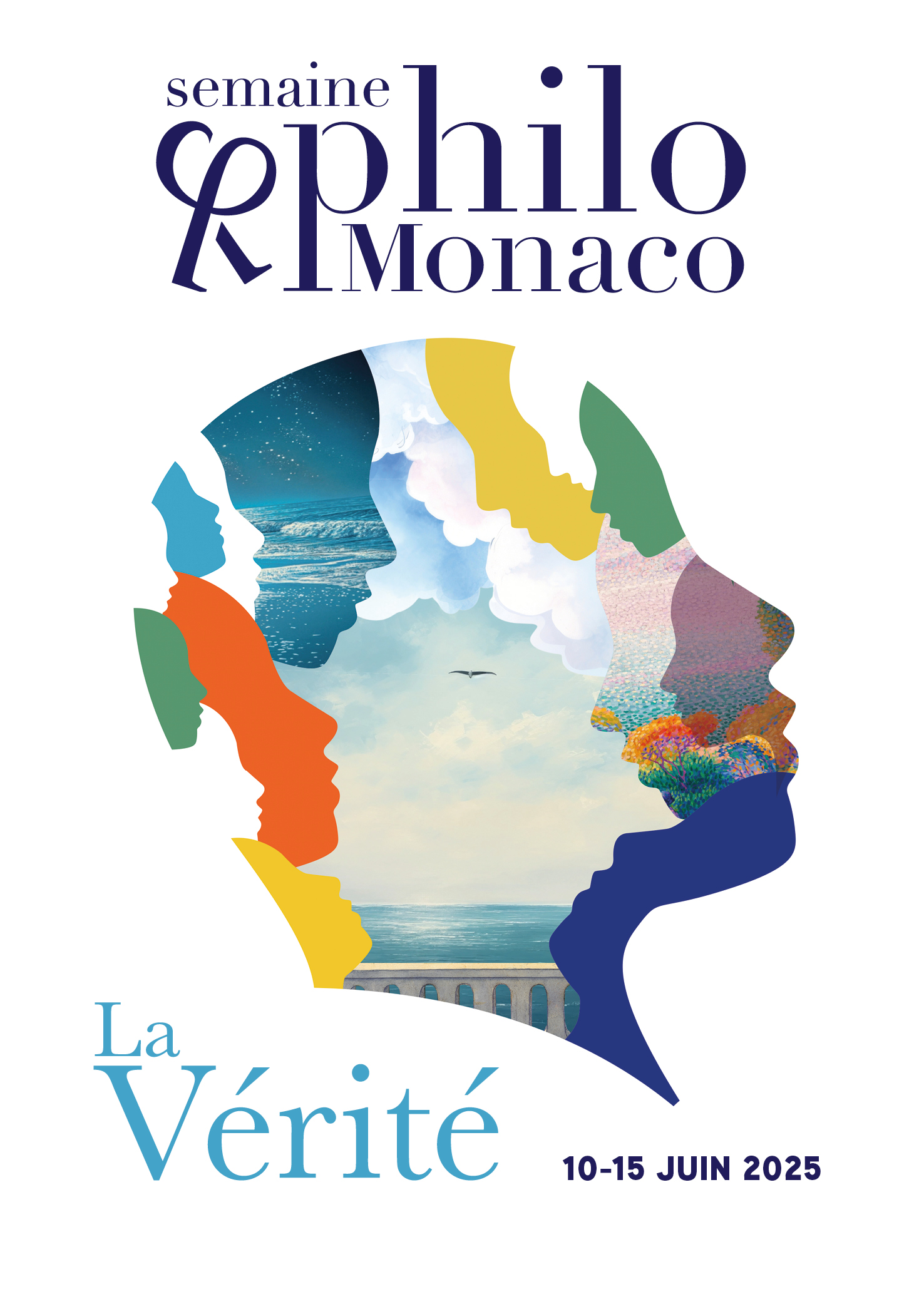
Religious truth, philosophical truth

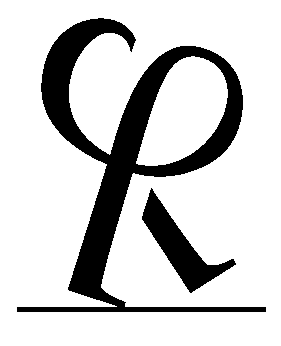
Introduction
Presented by Camille Riquier, philosopher
With Vincent Delecroix, philosopher
Brother Olivier-Thomas Venard, theologian
Polysemic or kaleidoscopic, the truth can be understood as operativity or utility, the possibility of finding solutions to problems, as inter-subjective agreement or consensus, as conformity to a rule, as coherence, manifestation, evidence, ‘splendour’ as correspondence, often momentary, between thought and reality, or even as unveiling or revelation which presupposes that it is originally disguised or hidden, first kept secret and then “given”. Philosophy and religion both hold truth as their primary object, and they undoubtedly may prioritise one or the other of its meanings. If we look for the greatest common denominator, we might find it in the realm of unveiling and, above all, revelation, with or without a capital R. In what way do philosophy and religion, reason and faith, not fall entirely on one side or the other; could they, on this point, agree or diverge if the former asserts that reality itself reveals itself to human intellect or intuition, and the latter that only divine speech or intellect gives consistency, existence and intelligibility to the world, and has the power to reveal to humans aspects of being that would otherwise be inaccessible to them?
Informations
Similar events
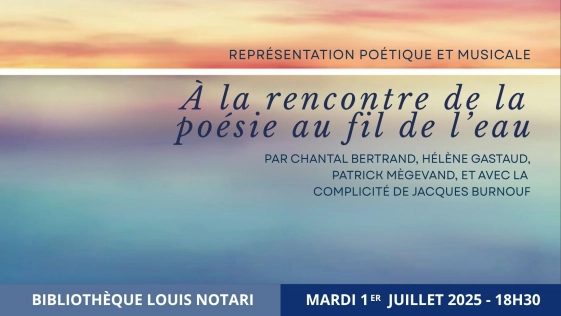
Représentation poétique et musicale "A la rencontre de la poésie au fil de l’eau" par Chantal Bertrand, Hélène Gastaud, Patrick Mègevand, et avec la complicité de Jacques Burnouf
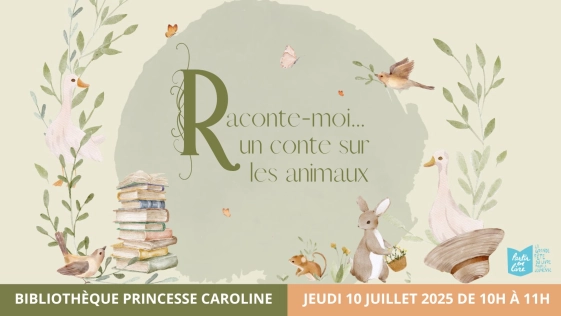
Raconte-moi...un conte sur les animaux + 4 ans
